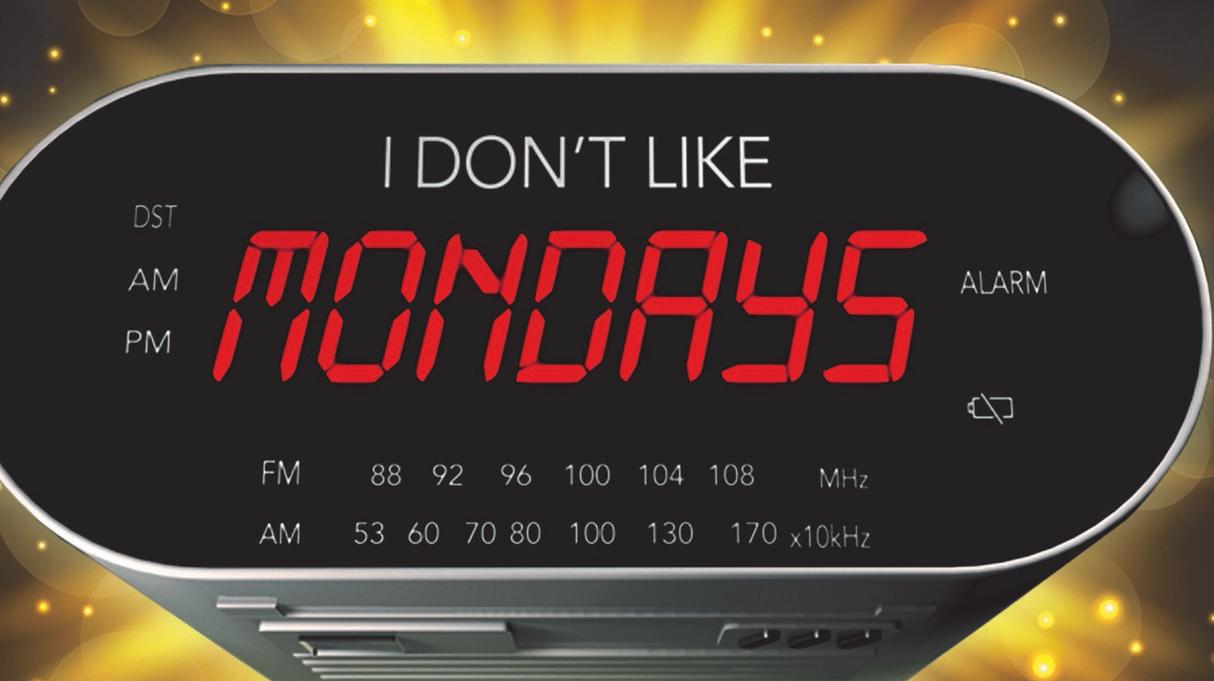
Don’t like Mondays? Tell me why.
About a third of employees describe themselves as actively engaged in their job. The remainder are either ambivalent about being at work or actively disengaged. Imagine if you had a large capital asset you were only utilising 30% of the time? You would make every effort to address this huge drain on your business. But people are the business, no matter what your business, and too many of us hate Mondays. Monday means going to a job we don’t like. This is beyond tragic. We will spend a large proportion of our lives at work. Around 35% of your total waking hours over a 50 year working-life period assuming 8 hours of sleep a night.
Engagement happens when we create the right conditions for all members of an organisation to give of their best each day, committed to the organisation’s goals and values, motivated to contribute to organisational success, with an enhanced sense of their own well-being. There is mutual obligation to create and fuel engagement but the role of leadership in achieving a culture in which people can feel productive, inspired and energised is central. The best measure of productivity is not time invested but how much energy and value of what is produced. Paying for people’s time is no guarantee you’ll also get their energy, engagement, focus or passion
A Harvard study surveyed 20,000 employees globally and identified four core needs –
- Physical – to rest and renew
- Emotional – to feel cared for and valued
- Mental – to feel empowered to set boundaries and focus in an absorbed way
- Spiritual – to find a sense of meaning and purpose in their work
Only 7% reported having these core needs met at work. Most companies are failing to meet the needs of their employees and this is a failure of leadership first and foremost.
Organisations with sustainably engaged employees (who have the willingness and social, physical and emotional energy to invest that extra effort) have operating margins double those with traditionally engaged employees. The challenge for employers is to free, fuel and inspire their employees to bring more of their potential to work each day. The core problem with working longer hours is that time is a finite resource. Energy is a different story.
To recharge, individuals need to recognise the costs of energy-depleting behaviours and take responsibility for changing them. Inadequate nutrition, exercise, sleep, and rest diminish people’s basic energy levels, as well as their ability to manage their emotions and focus their attention. Establishing simple rituals can lead to striking results.
When people are able to take more control of their emotions, they can improve the quality of their energy, regardless of the external pressures they’re facing. When people feel a sense of meaning and contribution and control in the work they do, this purpose fuels engagement. Because life is far too short to hate Mondays.

No Comments